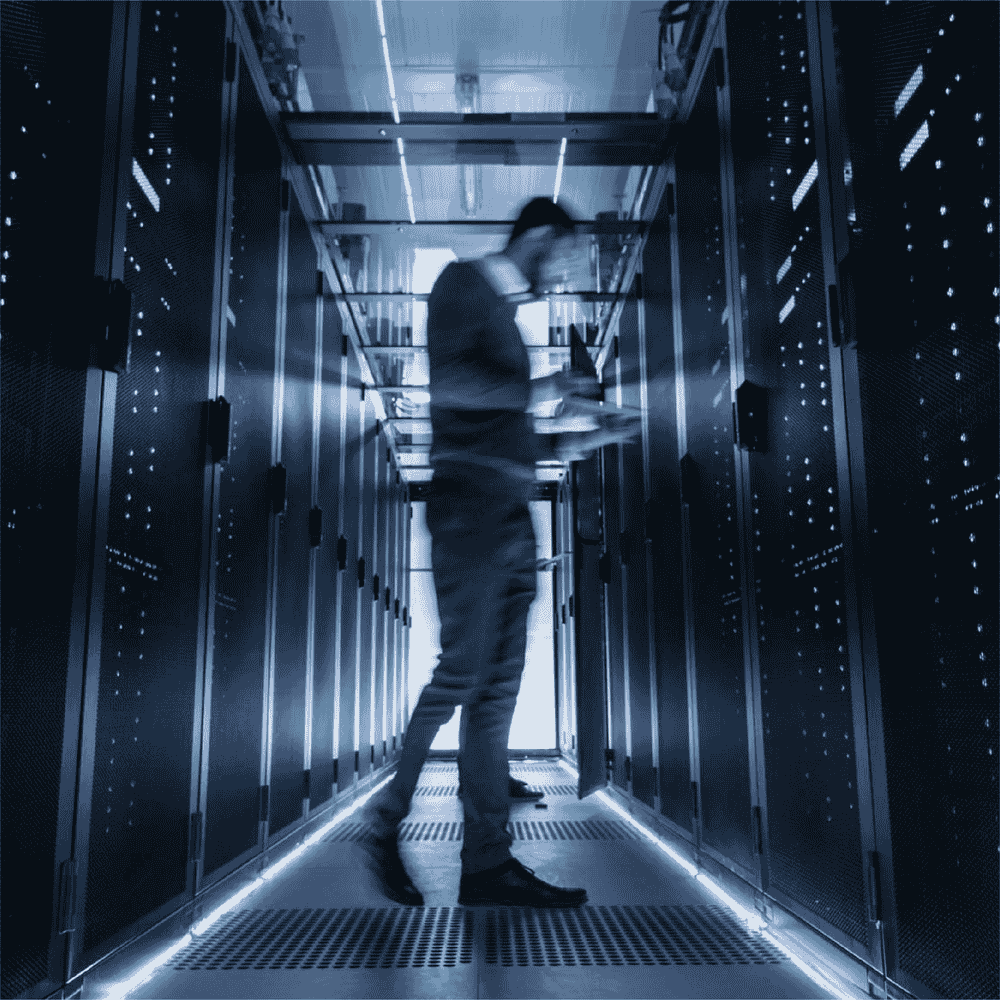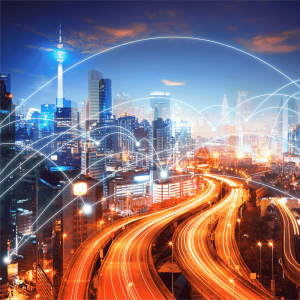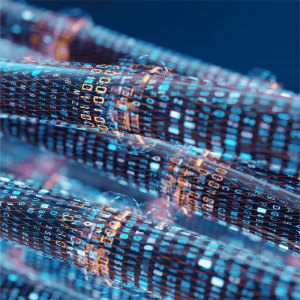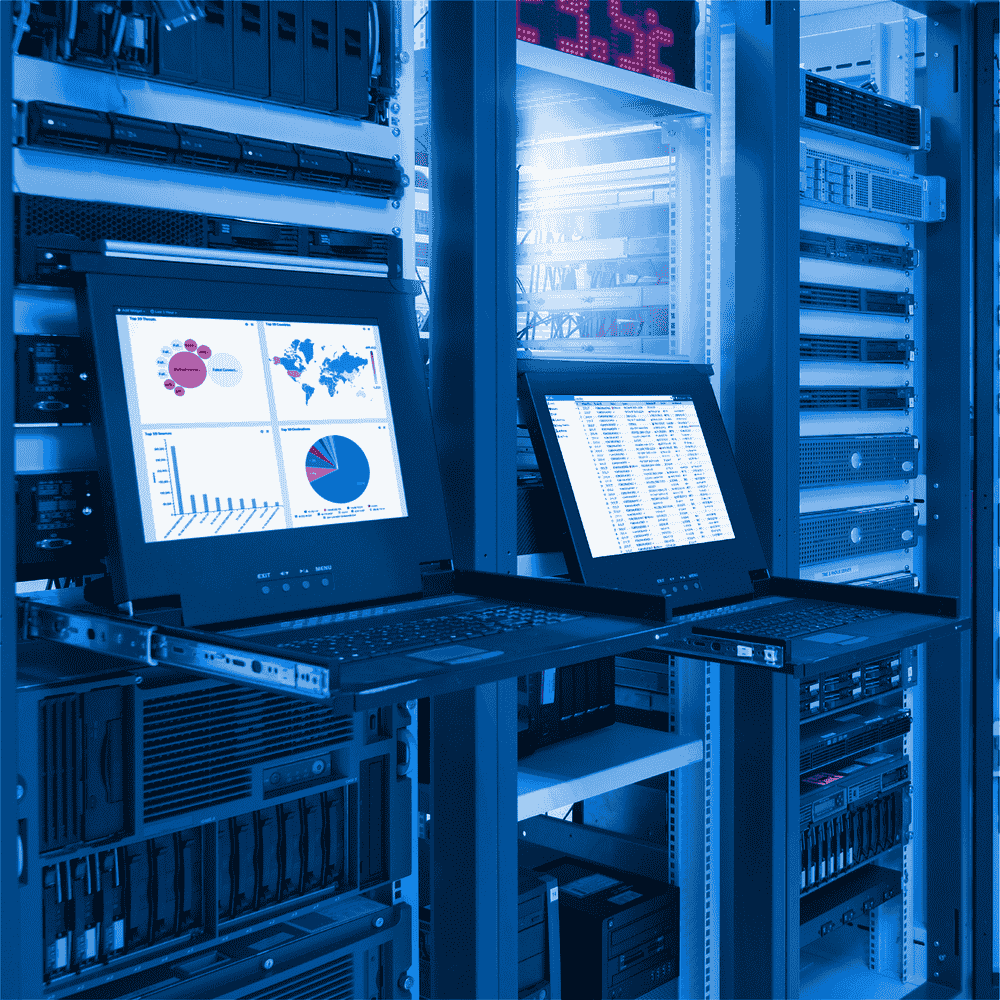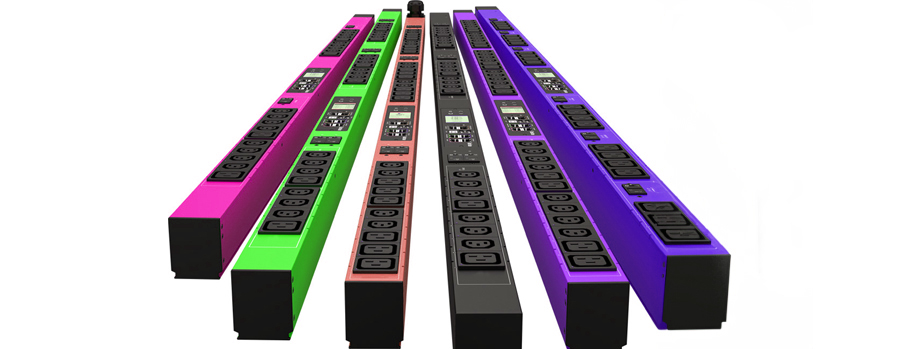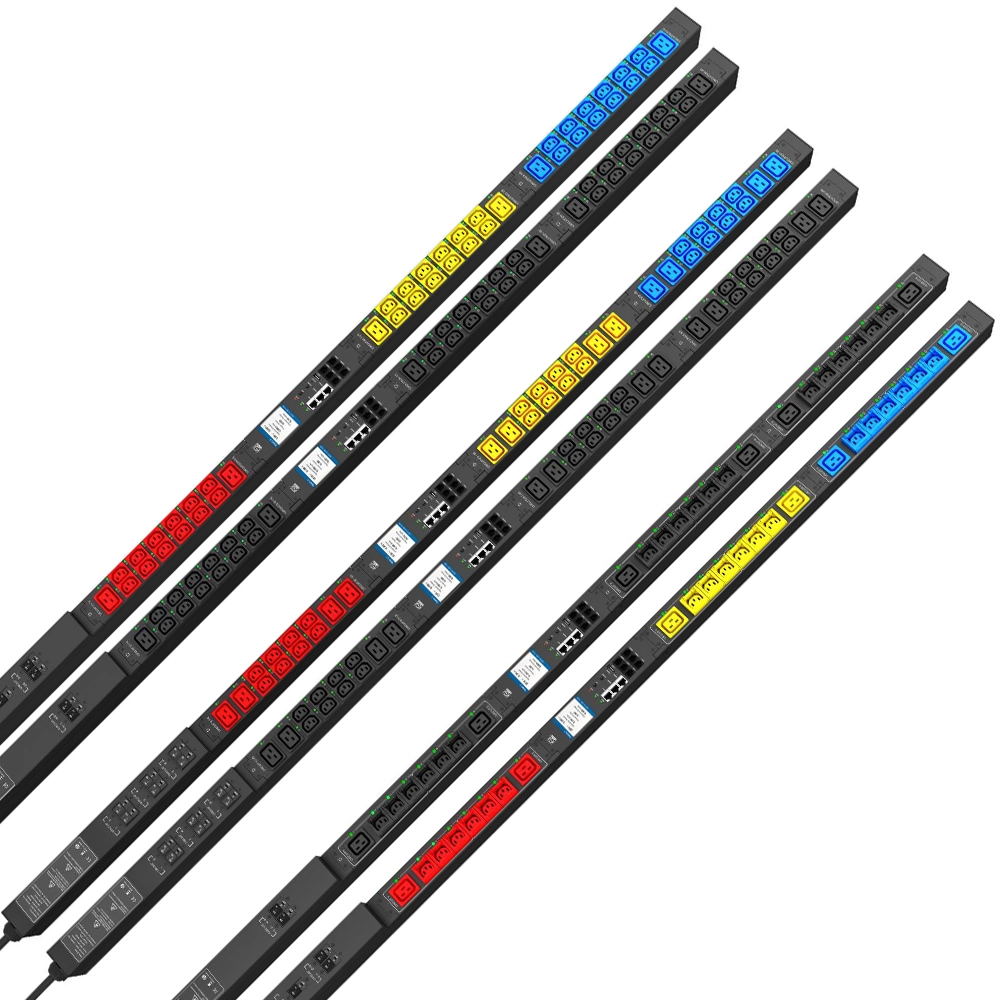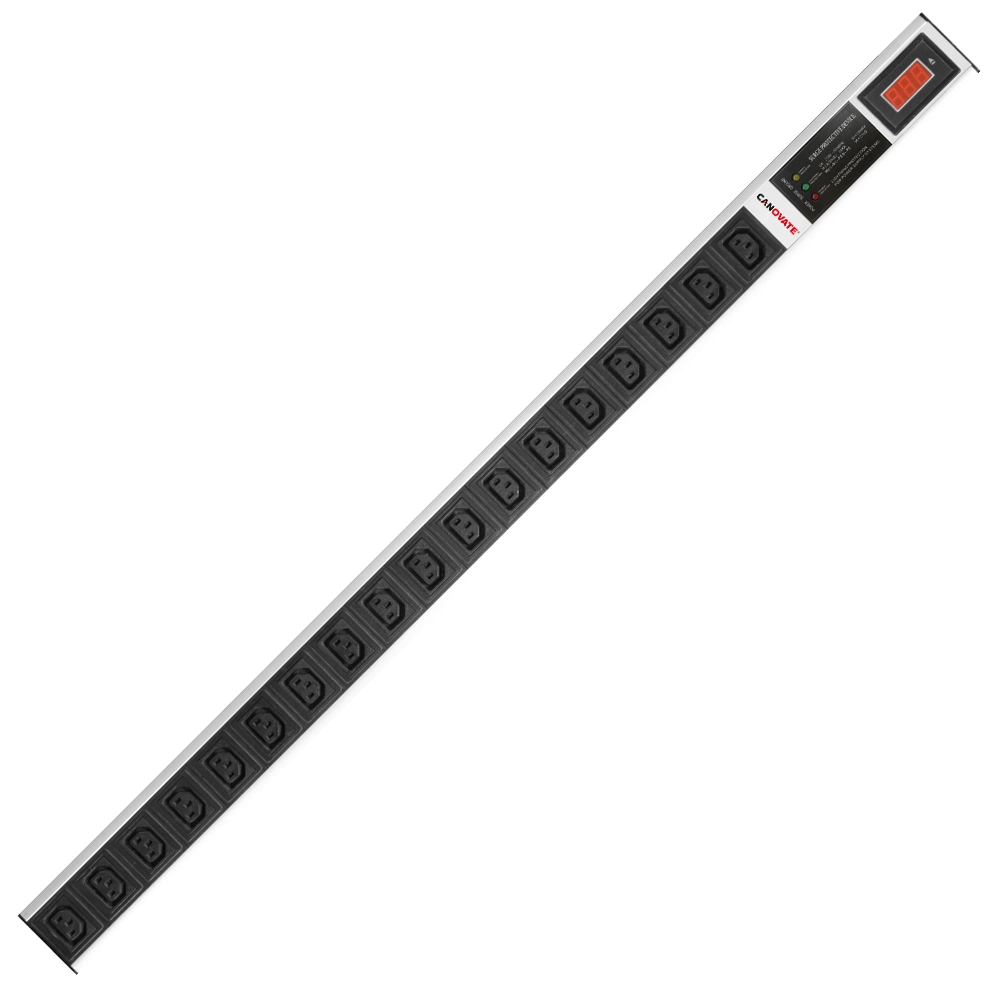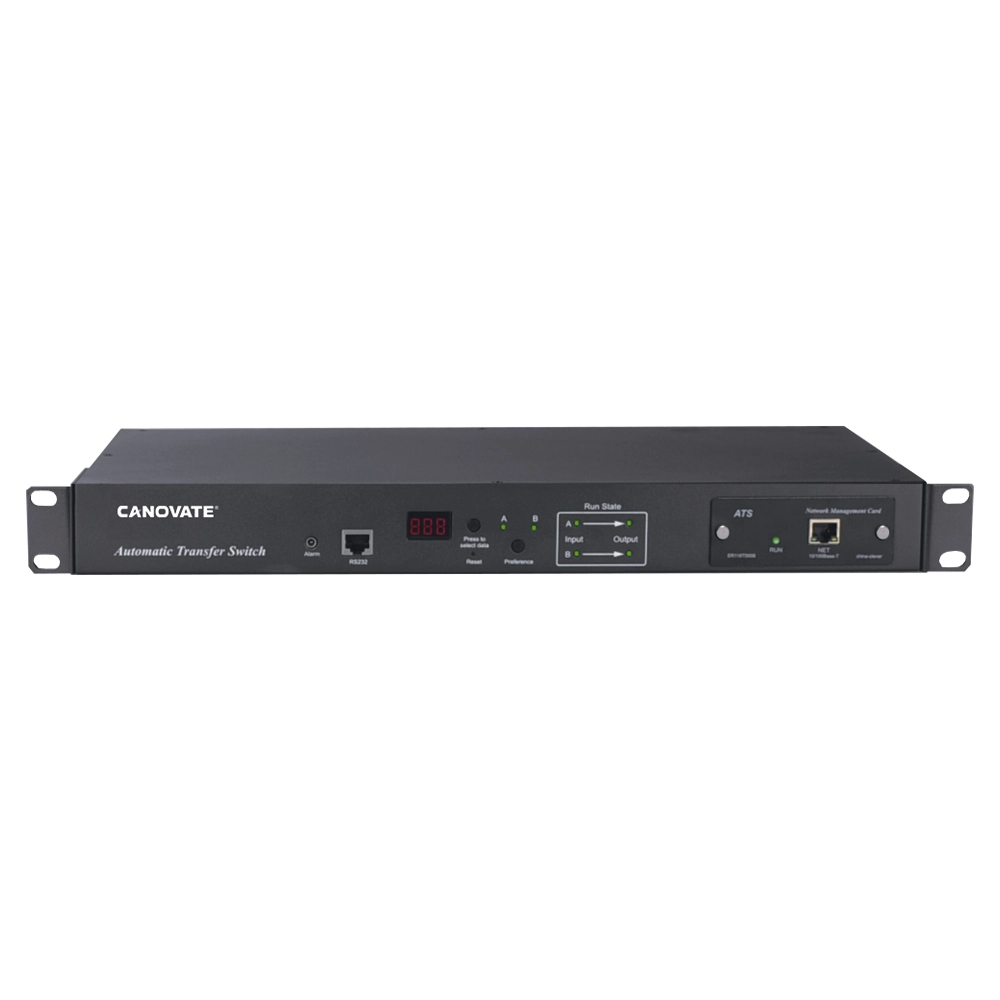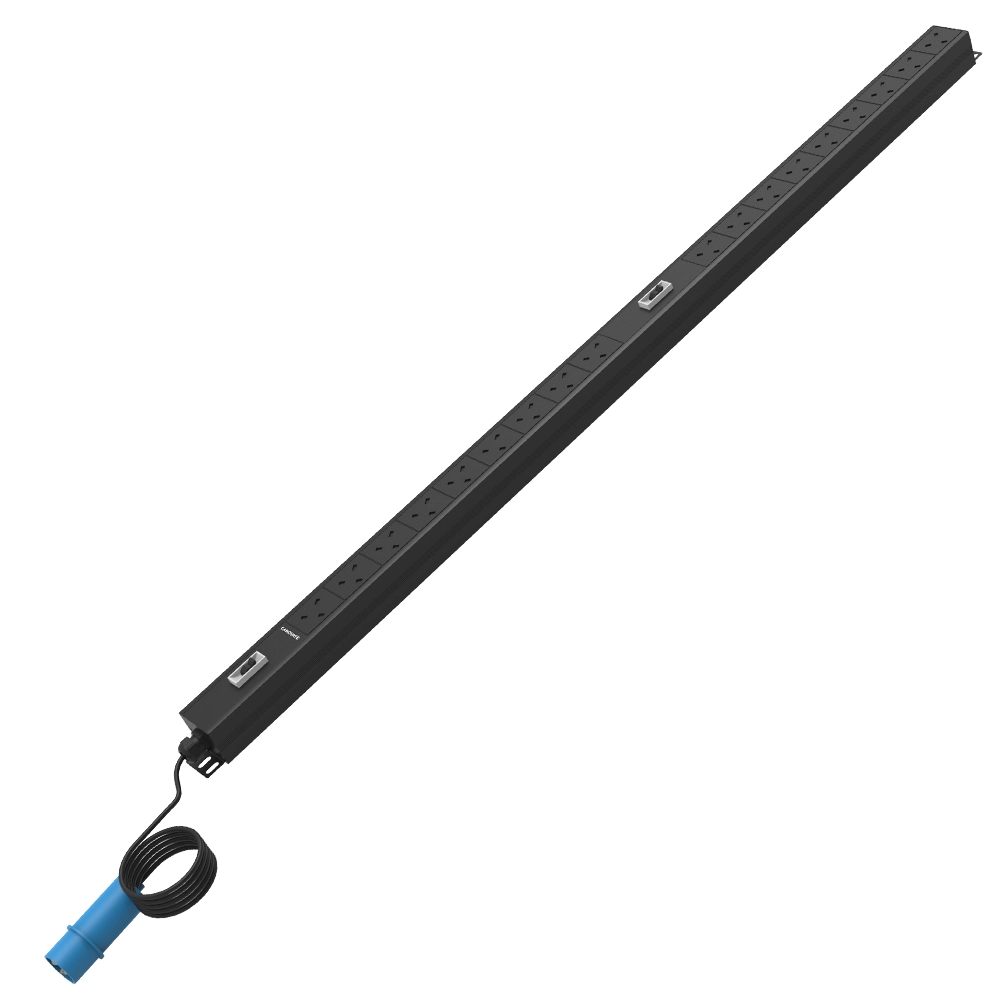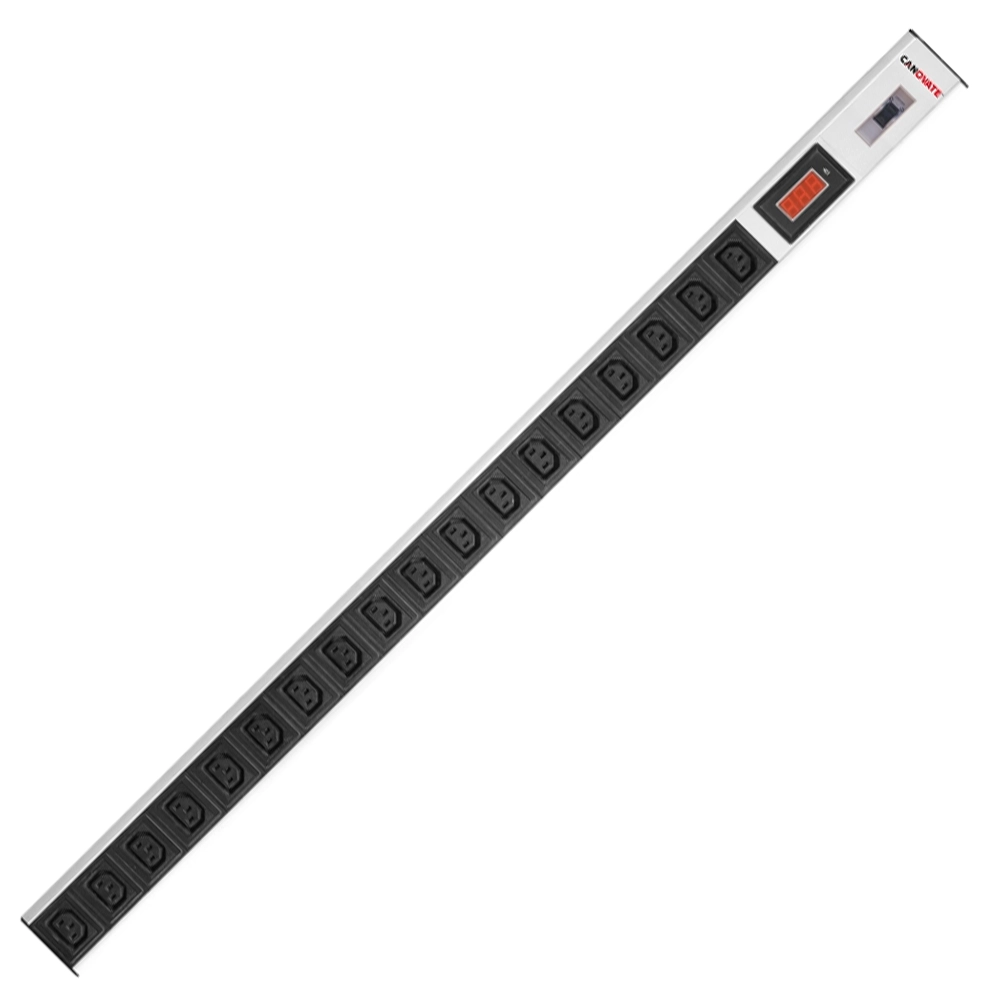Power Distribution Units (PDU)
Power Distribution Units (PDU): Power Management Solutions for Data Centers and Network Infrastructures
In today’s technology-driven world, data centers and network infrastructures serve as the foundation of seamless digital operations. As businesses increasingly rely on cloud computing, AI-driven workloads, and high-speed networking, ensuring efficient and uninterrupted power distribution is more critical than ever.
Power Distribution Units (PDUs) play a pivotal role in maintaining a stable, optimized, and scalable power supply for IT infrastructure. These essential components enable continuous, efficient, and disruption-free operation of servers, networking devices, and storage systems.
By providing consistent power distribution, load balancing, and advanced monitoring, PDUs enhance energy efficiency and operational reliability in modern data centers and network environments.
What are Power Distribution Units (PDUs)?
Power Distribution Units (PDUs) are devices designed to distribute electrical power to servers, network equipment, and other IT devices. Installed within rack cabinets, especially in data centers, PDUs ensure that each device receives the appropriate amount of power, optimizing energy distribution and supporting efficient operations. They are a critical component for maintaining reliable and manageable power infrastructure.
Types of PDUs
PDUs come in various types, each offering unique functionalities to meet different needs:
1. Basic PDU
A straightforward device for standard power distribution. While it lacks advanced management features, it provides a dependable power source for IT equipment.
2. Switched PDU
This type allows for remote control of individual outlets. Users can power devices on or off, monitor energy consumption, and manage power distribution efficiently from a remote location.
3. Metered PDU
Metered PDUs measure and monitor energy usage in real-time. This precise tracking enables improved energy efficiency and cost management.
4. Intelligent PDU
Intelligent PDUs provide advanced features such as remote management, energy monitoring, and environmental monitoring (e.g., temperature and humidity). These units optimize power delivery while offering insights into the operational environment.
Benefits of Using PDUs
1. Flexible Power Management
PDUs allow for optimized power allocation, reducing energy waste. Managed PDUs enable network administrators to remotely monitor and adjust power usage as needed.
2. Load Balancing
PDUs distribute power evenly across connected devices, preventing overloads. This helps extend device lifespan and ensures system reliability.
3. Energy Monitoring and Reporting
Intelligent PDUs provide detailed energy consumption data and reports, helping to identify inefficiencies, reduce energy costs, and improve data center energy management.
4. Remote Management
Switched and intelligent PDUs allow IT teams to remotely control power to devices, making it easy to restart, shut down, or power on equipment without physical intervention.
Importance of PDUs in Data Centers
PDUs are crucial for maintaining uninterrupted power distribution in data centers, which are the backbone of business continuity. Any power disruption can lead to significant operational losses. Managed and intelligent PDUs not only ensure safe and efficient power distribution but also enhance energy efficiency, supporting sustainability initiatives and reducing operational costs.
Key Considerations When Selecting a PDU
When choosing a PDU, it’s essential to evaluate:
- Power Capacity: Ensure the PDU can handle the power requirements of all connected devices.
- Number of Outlets: Confirm that the PDU provides sufficient outlets for all equipment.
- Management Features: For advanced control and monitoring, opt for intelligent or switched PDUs.
- Safety Features: Look for PDUs with features such as overload protection and load balancing to ensure secure operations.
Conclusion
Power Distribution Units (PDUs) are indispensable for ensuring reliable power management in modern data centers and network infrastructures. By offering energy efficiency, load balancing, and remote management capabilities, PDUs reduce operational costs and support business continuity. If you’re aiming to optimize your data center’s power management, PDUs provide the perfect solution for efficient and reliable operations.

